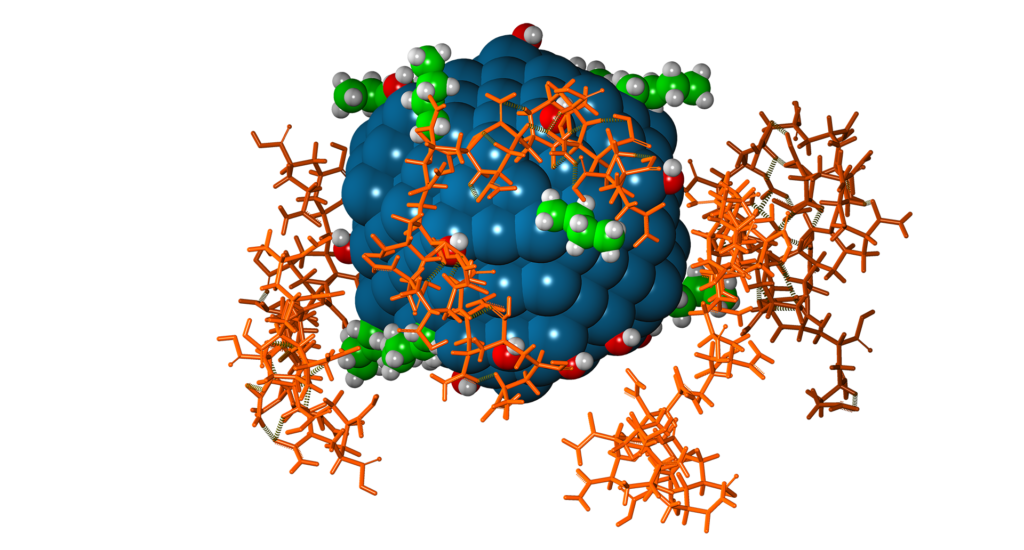The petrochemical and chemical process industry faces several challenges: reducing costs, optimizing the performance of their industrial assets and improving the environmental footprint. In this webinar Prof. Nick Hazel from the University College London and former leader of BP’s Distributed Research Lab’s Molecular Computation Network will present how materials simulations can help in process related applications to assist in the design of lubricants, homogeneous and heterogeneous catalysts, water treatment and other additives as well as polymers through simulation of the relevant processes involved and by optimizing the performance of the products, at the same time keeping the environmental footprint of the material or process prominently in mind. A multitude of simulation techniques can be applied and is offered by Scienomics, including machine learning, classical simulations and quantum mechanics. Anyone interested in petrochemical and chemical process related applications will benefit from this free webinar and Q&A session. We will be pleased to have you with us!
Abstract of Prof. Hazel’s presentation: The delocalised way of working in the somewhat fragmented research department of a major petrochemical company and its affiliates will be outlined, and the approaches that were taken both at the corporate and the project levels to ensure that the aims set out in many diverse studies were met. The challenges of working with a rapidly advancing, though naturally limited, set of tools for materials simulations and very business focused teams (with little experience of molecular computational techniques) will be addressed through some illustrative project examples.
Additionally Scienomics will present examples which will outline how materials simulations can help the chemical process industry to face nowadays challenges with respect to environmental responsibility and product performance:
- Assessing the performance of catalytic processes
- Predicting rheological properties of lubricant formulations
- Gas separation in porous media
- Lubricants for electric vehicles
- Thermodynamic property predictions for chemical reactions

